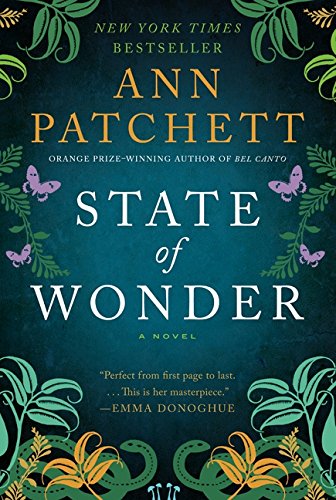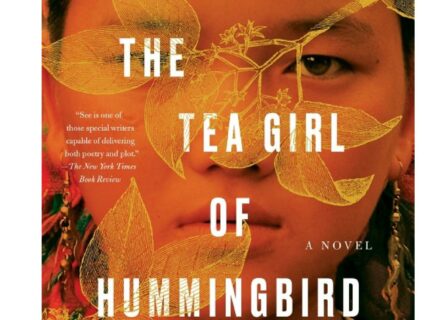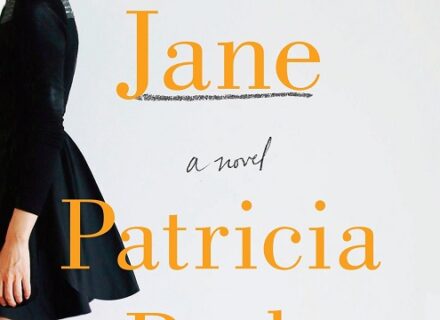I always swear that I’ll never teach Joseph Conrad’s Heart of Darkness ever again, because I can’t face the thought of any more partially plagiarized essays about the symbolism of Light and Dark imagery in the novel. But then Anne Patchett’s State of Wonder was selected as the next read for my church book club. The novel recreates Marlow’s trip up the Congo to recover the rogue company representative Kurtz, who seems to have both gone native and gone nuts. Here, a scientist is sent up the Amazon to check up on a pharmaceutical company’s huge investment, a brilliant researcher working on replicating the luck of a tribe full of very advanced maternal aged mothers (as in, I could be fertile into my 70s: no thank you). The first scientist dies mysteriously, so the pharma co. sends a second scientist to learn the details of his death and observe the progress of the rogue researcher. It’s beautifully written, and, at least I thought, gripping in terms of plot, though some aspects of Marina Singh’s characterization are weak.
The novel swings from surprise to universal. For instance, there’s an unforgettable description of an anaconda’s capture and subsequent attempt to kill a child. Then, there are some beautifully articulated truths peppered throughout the story, like:
“Naivete may be the bedrock of reproduction, the lynchpin for the survival of the species.” (53)
The story also raises again some ethical questions that are fundamental to cultural anthropology (since the 1990s at least, and what I recall being termed the “ethical turn”): what effect does an outsider ethnographer have on the culture under study, and ought one to minimize that effect? In other words, how can Anthropology distinguish itself from Imperialism? Here’s how the rogue researcher words this dilemma:
“The question is whether or not you choose to disturb the world around you, or if you choose to let it go on as if you had never arrived. That is how one respects indigenous people. If you pay any attention at all you’ll realize that you could never convert them to your way of life anyway. They are an intractable race. Any progress you advance to them will be undone before your back is turned. You might as well come down here to unbend the river. The point, then, is to observe the life they themselves have put in place and learn from it.” (162-3)
Note the way she slides from the ethical stance of non-interference right into the imperialist stance of the inferiority of the Other.
I highly recommend this one. And I can’t say that of all my church book club picks. State of Wonder has actually made me rethink my ban on teaching Heart of Darkness–since the two would pair extremely well together in a literary adaptations course.



